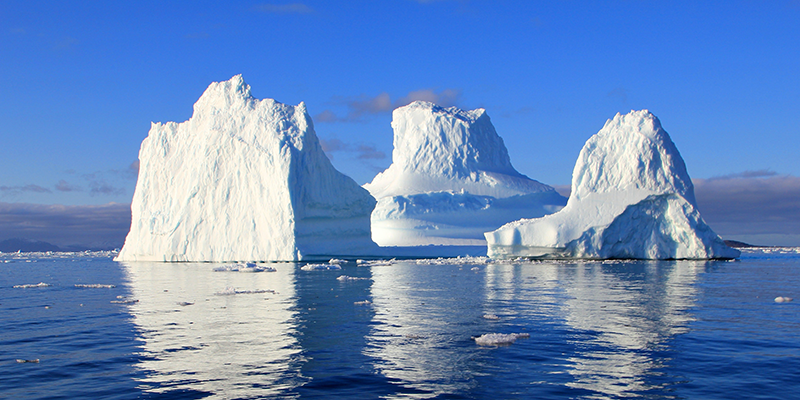How will Climate Change and the War in Ukraine Impact Arctic Governance? – An Alumni Event
The Arctic plays a central role in the Earth’s climate and an increasingly important role in international relations and politics. As the region undergoes profound transformations due to combined impacts of climate change and geopolitical tensions with the ongoing war in Ukraine new questions of governance come to the forefront of debates about the future of the region.
The Arctic governance landscape encompasses many discrete elements, with the Arctic states and their territories at its core. Eight Arctic littoral states make up the Arctic Council, a loose forum for dialogue amongst the main Arctic powers. The Arctic’s nearly 1.5 million indigenous people are given a voice within the Council, and countries such as China, India, Japan, Singapore, South Korea, and Switzerland have all been granted observer status. The United Nations Law of the Sea (UNCLOS) governs the Arctic Ocean.
Current global tensions have spilled over into the Arctic. Far from being a governance vacuum, the Arctic is a highly institutionalised space encompassing a multitude of local, national, regional, and international institutions and governance mechanisms. Taken together, these arrangements constitute a complex and dynamic system of Arctic governance. Experience regarding the determinants of effective governance acquired in the Arctic will have global relevance. On the other hand, global experience can help to address needs for governance in the Arctic.
Last year the work of the Arctic Council which was supposed to be chaired by Russia, was suspended by seven of the Arctic nations objecting to the Russian invasion of Ukraine. The suspension of the Arctic Council leaves no official venues of discussion for important matters in the region, such as scientific cooperation and avoid military confrontation. What were the trending questions during the Arctic Circle Assembly last year in October?
- Where do we stand in 2024?
- Are current governance arrangements fit for today’s environment, and that of the growing militarisation of the Arctic which is splitting NATO against non-NATO states?
- Can the Arctic offer a way to disentangle this impasse of Western-Russia relations?
- Can the Arctic seven do more to promote a peaceful and sustainable development in the region? Is this possible without Russia? The Arctic 8th state.
- Should the West work with Russia in areas such as climate change in spite of the war in Ukraine?
Speakers:
- Dr Doaa Abdel-Motaal, Visiting Professor of Polar Studies, Sciences Po, Author of Antarctica the Battle for the Seventh Continent
- Maj Gen (retd) Mats Engman, Founder and Senior Adviser, IndependentViews
- Dr Gunnar Rekvig, Associate Professor, UiT The Arctic University of Norway and Deputy Head of GlobalArctic Cluster, Geneva Centre for Security Policy (GCSP)
- Dr Dimitriy Tulupov, Associate Professor in International Relations, St Petersburg State University
Moderator:
- Ms Isabelle Gillet, Head of Alumni & Community Engagement, GCSP
Welcome:
- Mr Paul Dziatkowiec, Director of Mediation and Peace Support, GCSP
This event is exclusively for GCSP Alumni and available upon request for the GCSP Community. Contact: [email protected]


